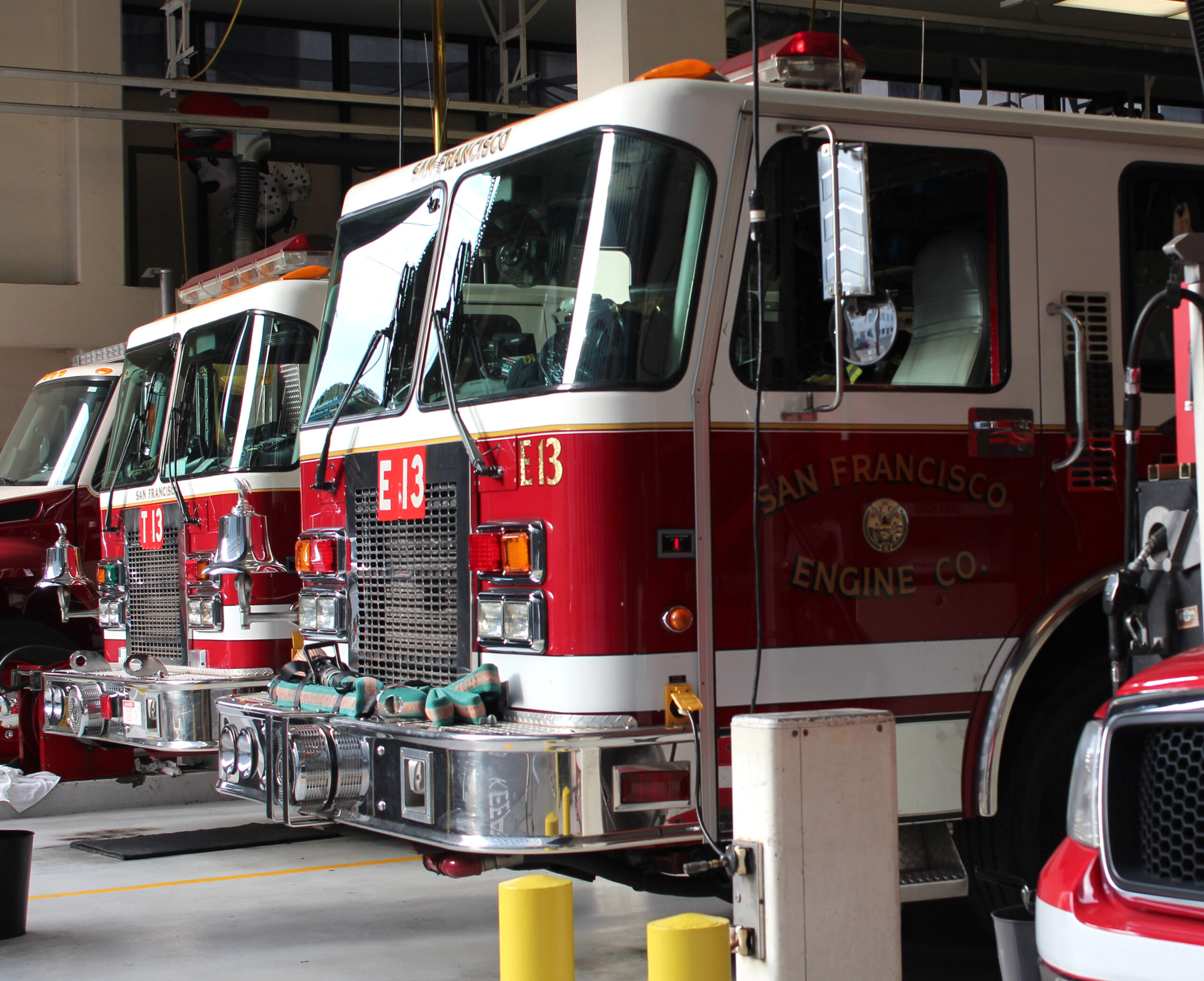On April 19, the San Francisco Board of Supervisors are expected to approve new restrictions on the use of genetic profiles by the San Francisco Police Department, buy a sweeping new facility from an industrial real estate giant, and try to save a historic movie theater in the Fillmore.
Privacy for Crime Victims
The board is set to approve Supervisor Hillary Ronen’s legislation to regulate the storage of DNA profiles by the San Francisco Police Department. The ordinance will prohibit genetic profiles gathered from crime victims or crime scenes from being stored in any database that is not subject to state and federal rules around the Combined DNA Index System, a national standard for submitting locally gathered profiles to the National DNA Index System.
Real Estate Giant Holds Fire Sale
Supervisors will also consider, and likely pass, a resolution authorizing the purchase of a 4.91 acre site at 1236 Carroll Ave in the Bayview, which will be used by the San Francisco Fire Department as a new training facility. The property is currently owned by the industrial property giant Prologis, and its sticker price is $38.5 million plus closing costs.
Saving Another Classic Theater. Or Not
Another item the Supervisors will likely greenlight is the landmarking of the Clay Theatre in the Fillmore. Local moviegoers probably best remember the Clay as one of San Francisco’s last neighborhood theaters, and as an exhibitor of independent and foreign films. In the halcyon days of moviegoing before Covid, an evening at the Clay might involve—depending on your taste—watching the latest Merchant Ivory film before dinner at Chouquet’s, or a midnight screening of “The Room” after being 86’d from Grubstake.
